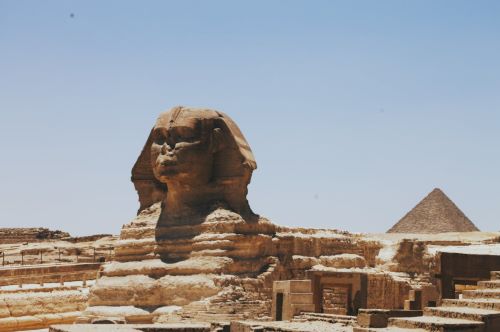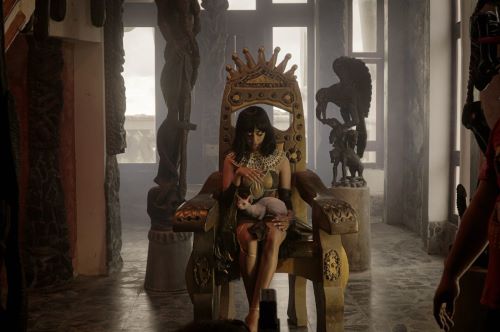

Cleopatra, the last active ruler of the Ptolemaic Kingdom of Egypt, continues to captivate imaginations centuries after her reign. From her religious beliefs that defined her identity to her strategic alliances, Cleopatra remains a figure of intrigue in history.
Beyond History to the Big Screen
Cleopatra’s influence extends far beyond history, permeating various aspects of popular culture and artistic expression. In sectors like iGaming, Cleopatra-themed games offer players a chance to virtually immerse themselves in ancient Egypt.
This theme has dominated the slots genre for decades, and now game providers are including it in more contemporary variations like Slingo. For example, punters who play Slingo at Paddy Power can now explore Cleopatra themes in games like Slingo Cleopatra in a digital environment. This allows players to participate with the themes in combined slots and bingo environments, making the experience more engaging.
In film, iconic portrayals by actresses such as Elizabeth Taylor in the 1963 epic Cleopatra have immortalized her on the silver screen. Joseph L. Mankiewicz, the movie’s director, bases the plot on a 1957 book, The Life and Times of Cleopatra, to depict Cleopatra’s efforts to save Egypt through her alliances with Julius Ceasar and Marc Antony.
Set in Egypt in 48 BC, A Queen For Ceasar is another film adaptation borrowed from ancient Egypt. It’s pretty different as it focuses on Egypt’s challenges until Caesar’s arrival, who only appears in the closing scene at the Ptolemaic Palace in Alexandria. Another Asterix & Obelix: Mission Cleopatra (2002), directed by Alain Chabat, is developed around Asterix and Obelix’s journey to help architect Edifis construct Cleopatra’s palace.
Cleopatra in Literature

Through their narratives, writers explore the complexities of Cleopatra’s relationships with Caesar and Antony while exploring themes like power, love, etc. Shakespeare’s portrayal of Cleopatra in his play Antony and Cleopatra is one of the most famous examples. In another depiction by Margaret George’s novel The Memoirs of Cleopatra, George offers a meticulously researched account of Cleopatra’s life, providing rich historical detail and speculative insight into Cleopatra’s psyche.
Contemporary authors like Stacy Schiff also draw upon Cleopatra’s life to bring a fresh perspective on the character. In her Biography, Cleopatra: A Life, Stacy draws on many historical sources to shed light on Cleopatra’s family, education, political adventures, etc. Cleopatra: Her History, Her Myth by Francine Prose is another contemporary work that casts light upon the myths surrounding Cleopatra in a new way.
Enduring Religious Influence
Cleopatra’s religious practices, like the cult of Isis, permeated other cultures, including Rome. As she interacted with several influential Roman leaders like Julius Ceasar, she made religious presentations of herself, such as the reincarnation of the goddess Venus. Amongst the Egyptians, she reinforced her divine status and connection with them by identifying herself as Isis. Cleopatra’s lifestyle, political acumen, and religious practices remain a transgenerational appeal to multiple audiences. In entertainment sectors, content creators, from literature and film to iGaming, the popularity of such characters is leveraged to attract history aficionados. As Cleopatra’s enduring legacy goes on and on, we expect more content creators to continue drawing upon her.


